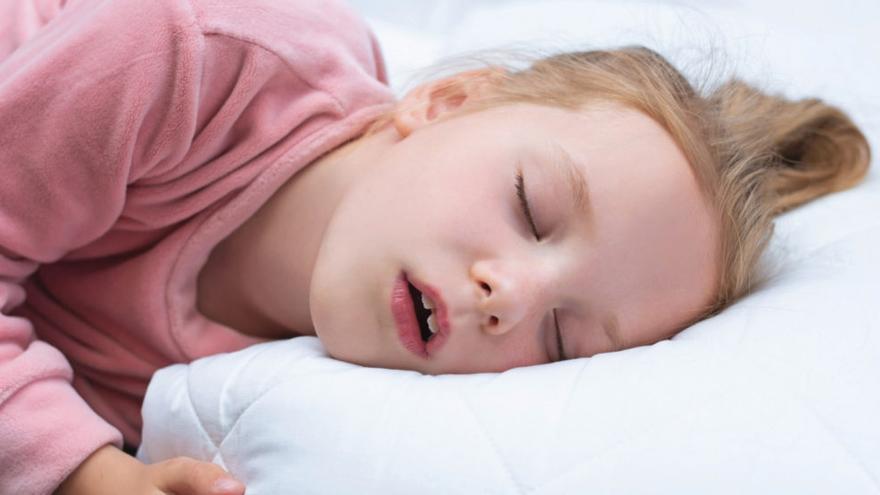Oral problems in children are one of the main reasons for missing school.Therefore, the General Council of Dentists and the College of Dentists and Oral Surgeons of Alicante (COEA) recommend to The course has just started, dental check-upwhich will allow any oral health issues to be diagnosed early and addressed promptly.
In addition to treating cavities, dental trauma, and malocclusions, dentists Can also detect other conditions that may require treatmentsuch as mouth breathing, a habit that can have an impact on your child’s oral and overall health.
How does returning to school affect children’s dental health?
possible consequences
1.- facial changes: Breathing through the mouth can alter the growth and development of the jaw. Mouth breathing is associated with an open bite, palate narrowing, and chin retraction.
2.- Crooked teeth: Oral breathing affects the position of teeth, which may become crooked and crowded, making hygiene difficult and increasing the risk of tooth decay and gum disease.
3.- bite problems: Children who breathe through their mouth often have jaw problems that make it difficult for them to bite and chew food effectively.
4.- oral dehydration: Mouth breathing causes dry mouth and reduces saliva production, which can lead to tooth decay, bad breath, and bacterial buildup.
5.- Snoring and nighttime coughing: Since the child does not breathe through the nose, it is difficult for the child to breathe and sleep soundly when he lies down.
6.- sleep apnea: Apneas are pauses in breathing that occur during sleep and prevent good oxygenation and normal rest.
7.- irritabilitylack of concentration, fatigue.
8.- otitis Repetition and poor listening.
Abnormal breathing
There may be a variety of reasons why a child breathes through their mouthsuch as allergic rhinitis, sinusitis, deviated nasal septum, respiratory tract infection, vegetations or large tonsils, hypotonia, etc.
Nasal breathing has a defensive function. Nose hairs filter the air as it enters the nose and prevent dust particles, viruses, bacteria and fungi from entering the body. Apart from, The nasal cavity warms and moistens the air, preventing excessive cold air from enteringand stimulates the production of nitric oxide, a substance that promotes the distribution and absorption of oxygen into the lungs.
“None of these functions occur when breathing through the mouth. Breathing through the mouth means inhaling more polluted, unconditioned and dry air.. Therefore, if a child is found to be breathing in this way, it is essential to consult a dentist and doctor so that they can assess and indicate appropriate treatments to resolve the problem and avoid its consequences. ” .from Spain.
In this sense, the Organization remembers 70% of children under 4 years old in my country have never seen a dentist. “Many parents mistakenly believe that temporary teeth will fall out, so they are not important, but they have a decisive function: they hold space for the permanent teeth, allow for correct chewing and phonation, and give the child self-esteem. Poor health of primary teeth is a risk factor for future permanent teeth. Therefore, delaying the first dental visit until the age of two or three years can have a negative impact on the condition of the child’s mouth,” he concluded.

